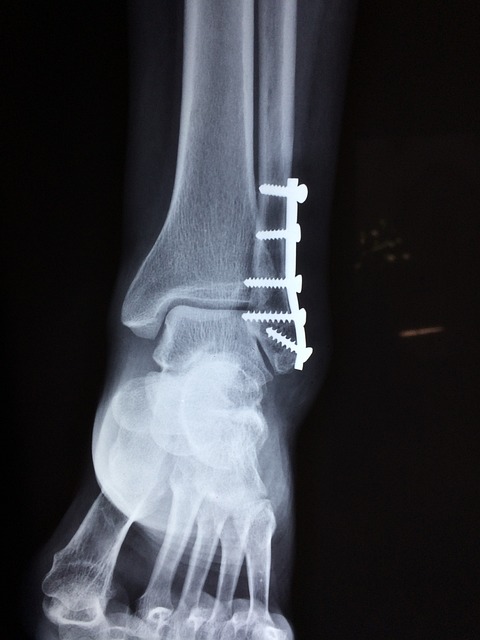Understanding Macular Degeneration: Symptoms, Treatment, and Management
Macular degeneration is a progressive eye condition that affects millions of people worldwide, particularly those over the age of 50. This serious condition impacts the macula, the central part of the retina responsible for sharp, detailed vision. Understanding its symptoms, treatment options, and working closely with eye care professionals can help manage this condition effectively and preserve vision quality for as long as possible.

What Are the Warning Signs That Require a Doctor’s Attention?
Early detection by an eye doctor is crucial for managing macular degeneration effectively. Key warning signs include:
-
Difficulty reading or seeing fine details
-
Straight lines appearing wavy or distorted
-
Dark or blurry areas in central vision
-
Changes in color perception
-
Increased difficulty adapting to low light conditions
Regular comprehensive eye exams can help identify these symptoms before significant vision loss occurs.
How Do Eye Injections Help Treat Macular Degeneration?
For wet macular degeneration, eye injections have become a revolutionary treatment option. These injectable medications, known as anti-VEGF drugs, work by blocking the growth of abnormal blood vessels that cause vision loss. The injection procedure is performed in a doctor’s office under sterile conditions. While the thought of eye injections may seem daunting, most patients report minimal discomfort, and the treatments have shown remarkable success in preserving vision when administered regularly.
What Treatment Options Are Available Beyond Injections?
While anti-VEGF injections are primary treatments for wet macular degeneration, several other management approaches exist:
-
Vitamin and mineral supplements (AREDS2 formula)
-
Laser therapy for certain cases
-
Low vision aids and devices
-
Lifestyle modifications, including dietary changes
-
Regular monitoring and vision checks
Understanding the Role of Prevention and Management
Prevention plays a crucial role in managing macular degeneration. Key preventive measures include:
-
Regular exercise
-
Maintaining a healthy diet rich in leafy greens and fish
-
Protecting eyes from UV light
-
Not smoking
-
Controlling blood pressure and maintaining a healthy weight
Working with an eye care team to develop a comprehensive management plan is essential for optimal outcomes.
This article is for informational purposes only and should not be considered medical advice. Please consult a qualified healthcare professional for personalized guidance and treatment.




